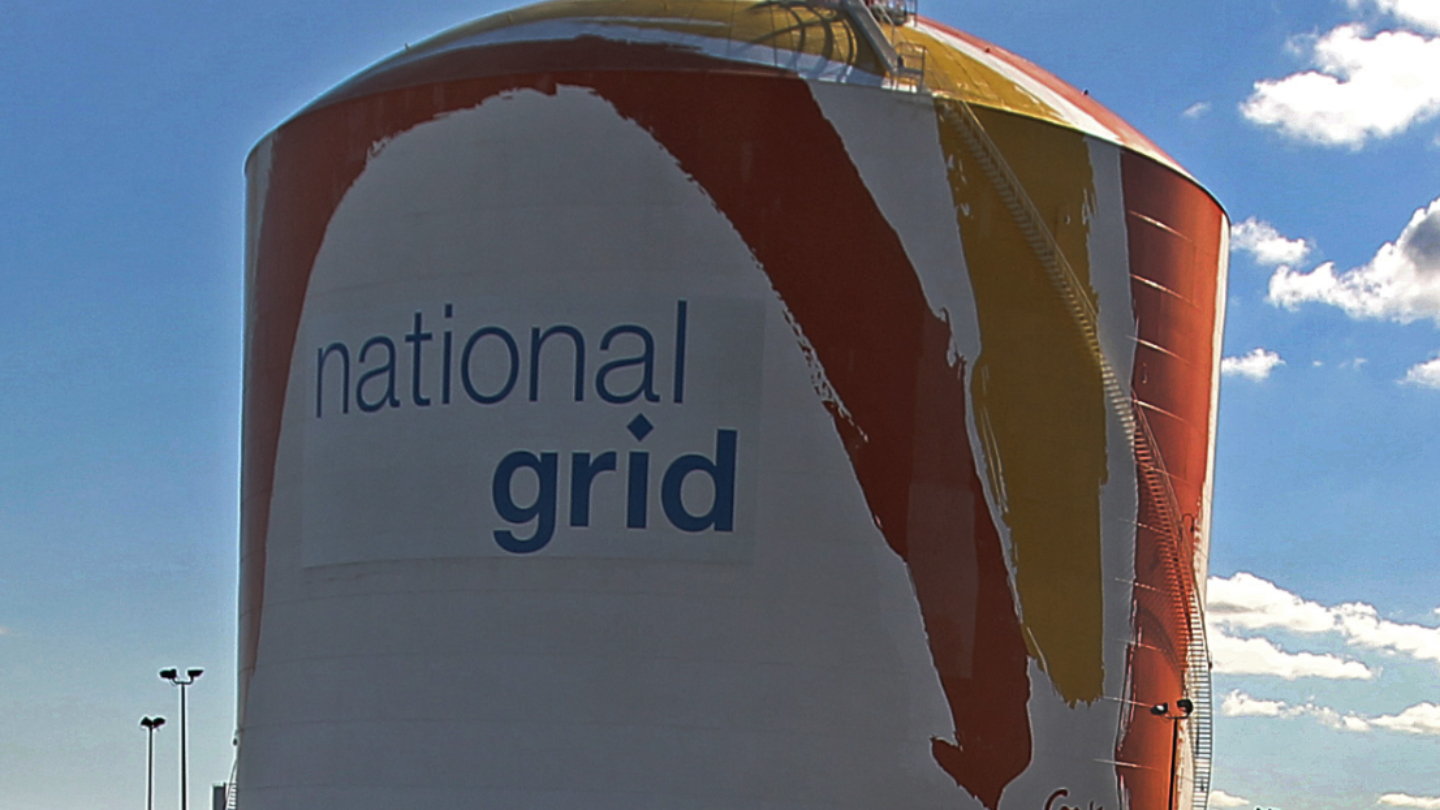McLean Hospital in Belmont is using transcranial magnetic stimulation to help patients who experience treatment-resistant depression, anxiety and OCD.
A Massachusetts hospital is taking a groundbreaking approach to treating depression and anxiety, aiming to help people get better faster.
McLean Hospital in Belmont is taking what would be an eight-plus week treatment down to about five days.
Stream NBC10 Boston news for free, 24/7, wherever you are.
Transcranial magnetic stimulation, also known as TMS, is being offered for people who experience treatment-resistant depression, anxiety and OCD.
Get updates on what's happening in Boston to your inbox. Sign up for our News Headlines newsletter.
Get updates on what's happening in Boston to your inbox with our News Headlines newsletter.
The non-invasive therapy has tailored treatments for each patient using magnetic impulses through the scalp to stimulate the brain.
Patients go through 10 sessions of about 20 minutes that are separated by an hour each day for five days.
"We typically say to patients that about 50-60% of people will have a meaningful response, and we define that as, like, a 50% improvement on symptoms based on scales," said Dr. Joshua Brown, the medical director of TMS at McLean Hospital. "About half of those — maybe 25-30% — have a full remission of symptoms — that means they're no longer depressed."
One patient went through TMS treatment after trying multiple medications that didn't work for her depression, and she noticed a difference after several treatments.
"TMS kind of lifted that weight," said 19-year-old Maeve McNeal. "It's helped me address underlying problems and how I can prevent future relapses and episodes and stuff, so I'm really grateful."
Brown said the most common side effects are scalp discomfort and headaches for the first few days after treatment.



